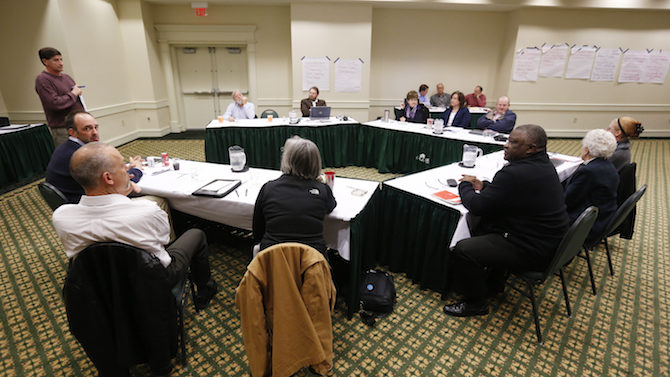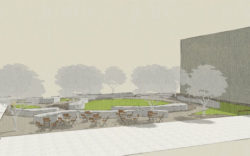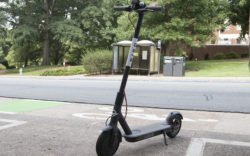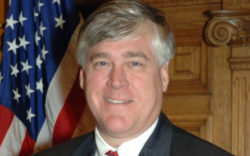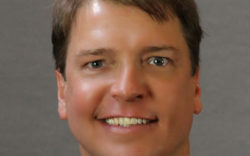Spending all day together at the Classic Center in a facilitator-led “retreat” to consider budget goals, ACC commissioners decided few specifics, but moved towards a “new process” of working together to eventually reach such goals, several commissioners said.
The all-day brainstorming session Jan. 13 led to a “bucket list” of some 70 items, duly plotted on huge sheets of paper by facilitator Phil Boyle, then taped to the walls. But it hardly seemed to get them closer to specific budget goals that the meeting had been called to sort out.
The yearly dance that produces each year’s county budget has begun: Commissioners will vote in June on a budget (running from July through June 2017) that the mayor will propose based on proposals from county department heads via the manager’s office. The budget goals—mostly vague formulations like “research feasibility” of solar and renewable energy or “continue to engage” housing partners to increase workforce housing—are supposed to guide specific decisions about the ultimate budget.
Like other governments, ACC is emerging from years of decreased tax revenues following the recession (which reduced property values and therefore property taxes, and also sales tax revenues). Today, “those have not reached pre-recession levels, but they are trending upwards,” ACC Finance Director David Boyd told Flagpole. For two years now, property tax valuations have increased 3 percent, but “it’s not like we’re going to report huge profits,” he said.
This year, several individual commissioners have proposed additional “commission-defined options” to the budget goals. Commissioner Kelly Girtz proposes a committee to move toward “a more efficient, effective and humane criminal justice system”; Commissioner Andy Herod wants all county employees to receive an unspecified “living wage”; Commissioner Melissa Link wants to update the Bicycle Master Plan, implement Prince Avenue and Oak/Oconee Street corridor studies and identify polluted streams; and Commissioner Jerry NeSmith would revise regulations to stimulate Atlanta Highway businesses and wants to encourage tech startups via a technology incubator. But at last week’s retreat discussion, no decisions were reached on any of those proposals, prompting some frustration as the daylong meeting wore on.
“We’re sort of going roundabout on this,” noted Commissioner Mike Hamby. Despite all the brainstorming and bucket lists, and with budget deadlines approaching, “we have not made any progress,” Commissioner NeSmith complained. Commissioner Jared Bailey asked if the manager’s office could take “this mess that we’ve created” and bring it back with comments, prompting Manager Alan Reddish to offer “if you’re simply asking us to reshuffle the chairs on the deck, we can do that.”
Eventually Reddish proposed to run the commission-defined options by the department heads, and the commission agreed to meet again with the facilitator to continue the discussion, which, despite the complaints, most thought was useful. “It seemed very disorganized,” Bailey said, “but I don’t think we could have gone forward without this.” The usually reserved Commissioner Harry Sims was enthusiastic that a “new process” had begun, and Mayor Nancy Denson thought “we became a better team.” Manager Reddish agreed: Commissioners had begun “talking to each other, not at each other,” he said.
Like what you just read? Support Flagpole by making a donation today. Every dollar you give helps fund our ongoing mission to provide Athens with quality, independent journalism.



